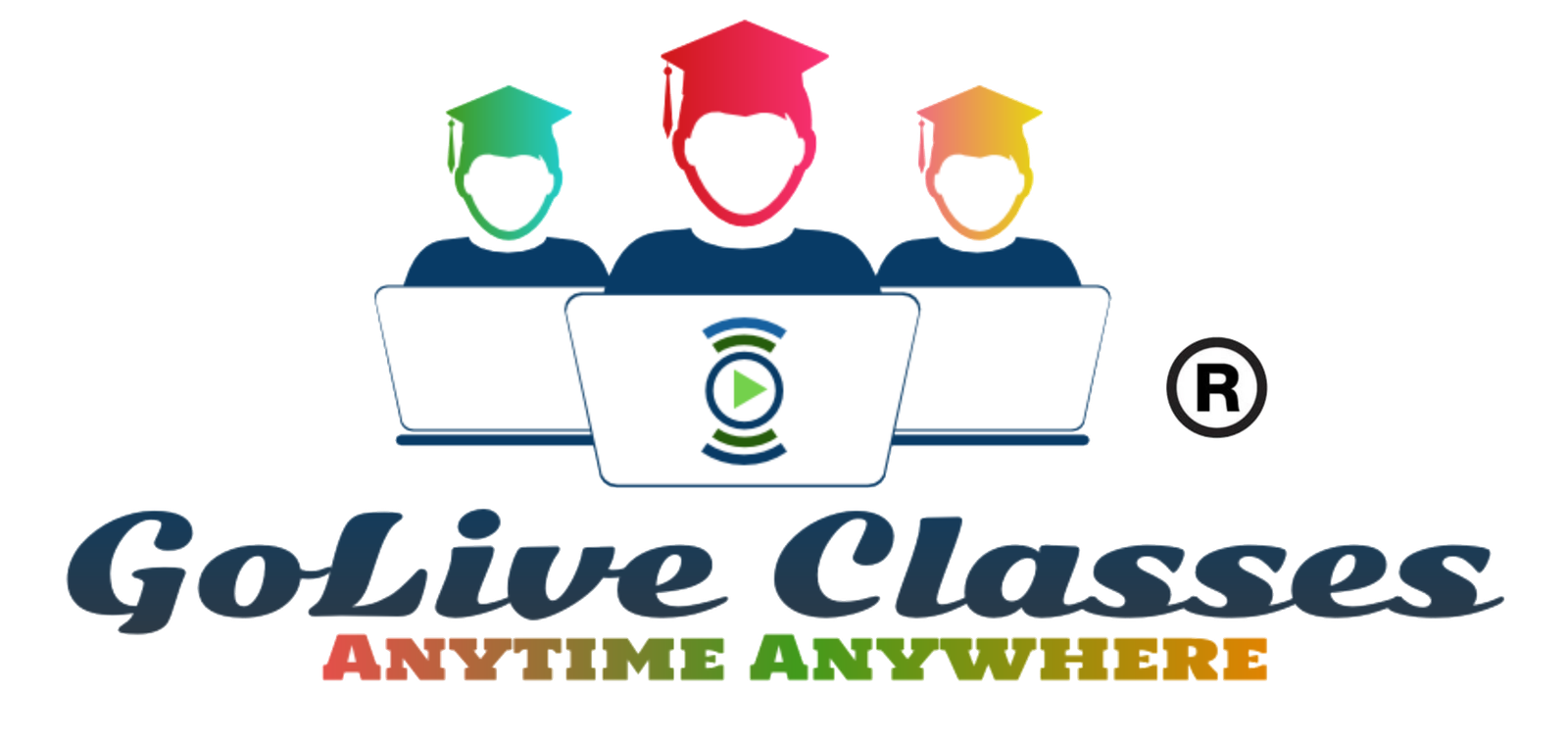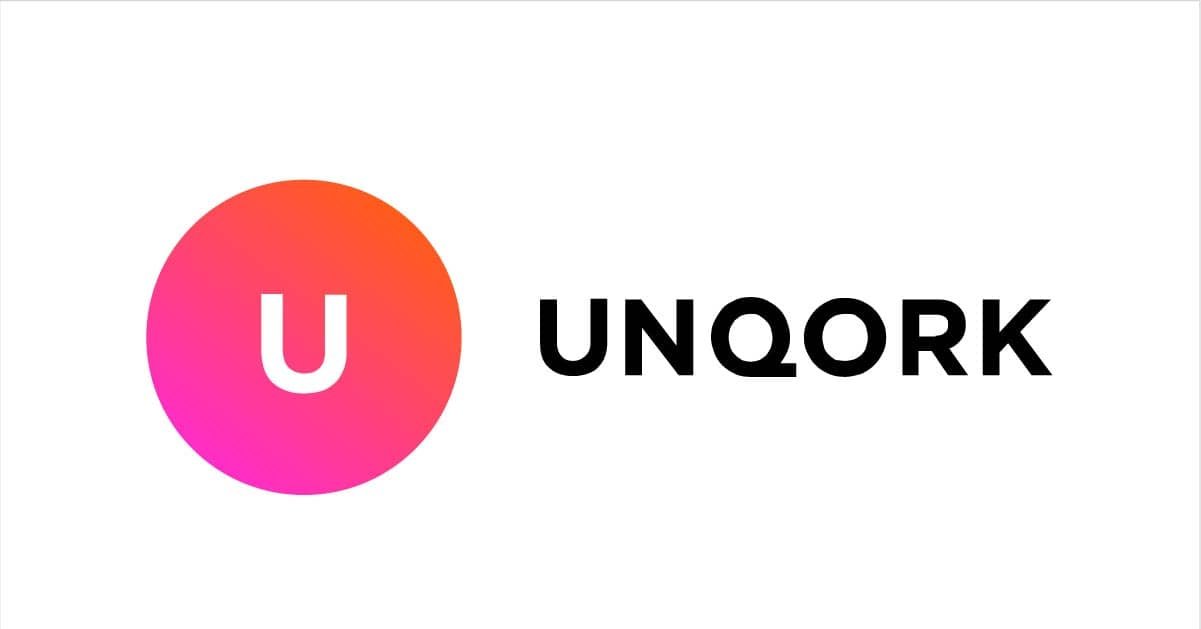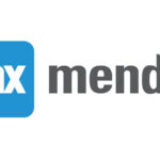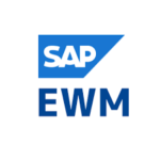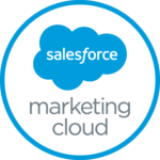Unqork
Ready to embark on your Unqork training journey? Contact us today to learn more about our training offerings and start mastering the future of application development with Unqork.
About Course
Unqork Training with Golive Classes. We provide the best Unqork course in Hyderabad and other states in India,USA,Canada,UAE and Australia.
Unqork provides a cutting-edge curriculum designed by industry experts to meet the demands of modern businesses. Secondly, this intuitive platform makes learning no-code development accessible to individuals of all skill levels. Additionally, Unqork reputation for excellence in the field of no-code development makes it a trusted choice for professionals looking to upskill or reskill.

What is unqork?
Unqork revolutionizes application development by empowering users to build sophisticated solutions without writing a single line of code, unlocking unparalleled efficiency and agility in digital transformation
What is the objective of Unqork Training
The objective of Unqork training is to equip individuals with the knowledge, skills, and expertise needed to effectively utilize the Unqork no-code application development platform. Here are the key objectives of Unqork training:
- Platform Familiarization: The training aims to familiarize participants with the Unqork platform, including its user interface, navigation, and basic functionalities. Participants learn how to access different modules, workspaces, and tools within the platform.
- Understanding Unqork Fundamentals: Participants gain an understanding of the core concepts and components of the Unqork platform, such as data modeling, workflow automation, user interface design, and business logic configuration.
- Building No-Code Applications: One of the primary objectives of Unqork training is to teach participants how to design, build, and deploy no-code applications using the Unqork platform. Participants learn how to create data models, design user interfaces, define workflows, and configure business rules to create custom applications without writing code.
- Workflow Automation: Training covers workflow automation techniques and best practices using the Unqork platform. Participants learn how to automate business processes, streamline workflows, and improve operational efficiency by eliminating manual tasks and bottlenecks.
- Integration with External Systems: Participants learn how to integrate Unqork applications with external systems and data sources, such as databases, APIs, and third-party applications. Training covers Unqork’s integration capabilities, including RESTful APIs, data connectors, and integration patterns.
- User Interface Design: Unqork training includes instruction on user interface design principles and techniques for creating intuitive and engaging user experiences. Participants learn how to design user interfaces using Unqork’s visual interface builder, customize UI components, and create responsive layouts for web and mobile applications.
- Business Logic Configuration: Training covers business logic configuration within the Unqork platform, including defining business rules, validations, and calculations. Participants learn how to configure complex business logic without writing code, using Unqork’s visual rule builders and expression editors.
- Security and Access Control: Security is a critical aspect of Unqork training, and participants learn how to implement security measures to protect Unqork applications and data. They learn how to configure user authentication, authorization policies, role-based access control, and data encryption to ensure secure access and compliance with regulatory requirements.
- Testing and Debugging: Unqork training includes instruction on testing and debugging techniques to ensure the quality and reliability of applications built on the platform. Participants learn how to test application functionality, identify and resolve issues, and deploy applications to production environments with confidence.
- Deployment and Maintenance: Training covers deployment best practices and procedures for deploying Unqork applications to production environments. Participants learn how to manage application deployments, version control, and release management, as well as how to perform routine maintenance tasks and updates.
Who can learn UNQORK Training
Unqork training is suitable for a diverse range of individuals who are interested in learning how to design, build, and deploy custom applications without writing code. Here are some key groups of people who can benefit from Unqork training:
- Business Professionals: Business professionals who want to streamline processes, automate workflows, and improve operational efficiency within their organizations can benefit from Unqork training. Learning Unqork empowers them to create custom applications tailored to their specific business needs without relying on IT or development teams.
- IT Professionals: IT professionals, including system administrators, database administrators, and IT managers, can benefit from Unqork training to expand their skill set and learn how to leverage no-code development platforms. Unqork enables them to develop applications faster, reduce reliance on custom coding, and respond more quickly to changing business requirements.
- Business Analysts: Business analysts play a crucial role in gathering requirements, defining business processes, and translating business needs into technical solutions. Unqork training equips them with the tools and knowledge to design and build applications that automate and optimize business processes, improving efficiency and effectiveness.
- Project Managers: Project managers who oversee software development projects can benefit from Unqork training to understand the capabilities of no-code development platforms and incorporate them into project planning and execution. Unqork enables project managers to deliver solutions faster, reduce costs, and improve project outcomes.
- Entrepreneurs and Startups: Entrepreneurs and startup founders looking to develop custom software solutions to support their business ideas can benefit from Unqork training. Unqork provides them with the ability to create sophisticated applications without the need for a large development team or extensive technical expertise, enabling them to bring their ideas to market more quickly and cost-effectively.
- Students and Graduates: Students pursuing degrees in computer science, information technology, business administration, or related fields can benefit from learning Unqork as part of their curriculum or as an additional skill set. Unqork training enhances their employability and prepares them for roles in software development, business analysis, and project management.
- Consultants and Solution Architects: Consultants and solution architects who work with clients to design and implement business solutions can benefit from Unqork training to expand their service offerings. Unqork enables them to deliver custom applications tailored to client needs, accelerating project delivery and improving client satisfaction.
- Existing Developers: Even experienced developers can benefit from Unqork training to complement their existing coding skills with no-code development capabilities. Unqork enables developers to build applications faster, collaborate more effectively with business stakeholders, and focus on higher-value tasks that require custom coding
What are the Prerequisites to learn UNQORK Training
Before enrolling in Unqork training, it’s helpful to have certain prerequisites to ensure a smooth learning experience and maximize understanding of the platform. Here are the typical prerequisites for learning Unqork:
- Basic Computer Skills: A fundamental understanding of computer operations, file management, and navigating software interfaces is essential. Familiarity with web browsers, operating systems (such as Windows or macOS), and office productivity software (such as Microsoft Office) is advantageous.
- Understanding of Business Processes: It’s beneficial to have a basic understanding of business processes and workflows. Knowledge of how businesses operate, including common processes such as sales, customer service, and project management, provides context for learning how to automate these processes with Unqork.
- Analytical and Problem-Solving Skills: Strong analytical and problem-solving skills are important for effectively designing and troubleshooting applications on the Unqork platform. The ability to analyze business requirements, identify bottlenecks, and propose solutions is critical for success in working with the platform.
- Attention to Detail: Attention to detail is essential when designing and building applications with Unqork. Participants should be able to accurately capture and document requirements, define data models, configure business logic, and ensure that applications meet business needs and quality standards.
- Effective Communication Skills: Clear communication skills, both written and verbal, are important for collaborating with stakeholders, documenting requirements, and presenting solutions. Unqork professionals often work closely with business users, IT teams, and other stakeholders, so effective communication is key.
- Creative Thinking and Innovation: Unqork training encourages creative thinking and innovation in designing and building custom applications. Participants should be open to exploring new ideas, experimenting with different approaches, and leveraging the full capabilities of the Unqork platform to address business challenges.
- Desire to Learn and Adapt: Given the dynamic nature of technology and business, a willingness to learn and adapt is essential for success in Unqork training. Participants should be open to acquiring new skills, staying up-to-date with platform updates and best practices, and continuously improving their proficiency in using Unqork.
What are Job opportunities for UNQORK
Job opportunities for individuals skilled in Unqork are diverse and span various roles within the fields of no-code development, digital transformation, and enterprise software solutions. Here are some common job opportunities for Unqork professionals:
- Unqork Developer: Unqork developers are responsible for designing, building, and deploying custom applications using the Unqork platform. They leverage Unqork’s no-code capabilities to create scalable and efficient solutions tailored to meet the specific needs of organizations.
- Unqork Solution Architect: Unqork solution architects design end-to-end solutions that leverage the Unqork platform to address complex business challenges. They work closely with stakeholders to gather requirements, define architectural designs, and oversee the implementation of Unqork applications.
- Unqork Consultant: Unqork consultants provide consulting services to clients, helping them leverage the Unqork platform to achieve their digital transformation goals. They analyze business processes, design Unqork solutions, conduct workshops, and provide guidance on platform adoption and implementation.
- Unqork Business Analyst: Unqork business analysts bridge the gap between business users and IT teams, translating business requirements into functional specifications for Unqork applications. They gather user requirements, document process flows, create wireframes, and collaborate with Unqork developers to ensure solutions meet business needs.
- Unqork Project Manager: Unqork project managers oversee Unqork implementation projects, ensuring successful delivery within scope, budget, and timeline constraints. They develop project plans, allocate resources, manage risks, and communicate progress to stakeholders throughout the project lifecycle.
- Unqork Administrator: Unqork administrators are responsible for managing and maintaining Unqork environments, including installation, configuration, and performance optimization. They handle user access, security settings, system upgrades, and troubleshooting issues to ensure the smooth operation of the platform.
- Unqork Integration Specialist: Unqork integration specialists focus on integrating Unqork applications with external systems and data sources, such as databases, APIs, and third-party applications. They design integration solutions, develop custom connectors, and ensure seamless data flow between Unqork and other systems.
- Digital Transformation Consultant: Digital transformation consultants leverage their expertise in Unqork and other technologies to drive digital transformation initiatives within organizations. They assess business processes, identify opportunities for automation, and develop strategies to modernize operations using Unqork and other tools.
- Application Support Engineer: Application support engineers provide technical support and troubleshooting assistance to users of Unqork applications. They diagnose and resolve issues, escalate tickets to the appropriate teams, and provide guidance on platform usage and best practices.
- Sales and Business Development Manager: Sales and business development managers focus on promoting Unqork solutions to potential clients, identifying business opportunities, and building relationships with key stakeholders. They leverage their knowledge of Unqork’s capabilities to articulate value propositions and drive sales growth
Why Unqork Training with Golive Classes?
1.We provide training along with Real-time concepts with case studies
2.Project Explanation
3.Interview Questions
4.Resume preparation
5.Technical Assistance even after Course Completion
6.Career Guidance
7.life time video recordings Access
8.The assistance provides in consulting and placement
9.Free other courses will be provided free of cost.
Unqork Training Course Content
Unqork Introduction
- Overview
- Login Process – Academy
- Training Environment access
- Understanding of Workspaces and Navigation on Environment
- Over view of Modules- Create Nav. Preview submission copy. paste and delete and move.
- module Administration
Primary Fields
- Introduction to Primary fields
- Property Id’s.
- Components in Primary Fields –>Text Field Text, Text Area. Radio Buttons, Check Boxes, Number Field.
Secondary Fields
- Components in Secondary Fields -> Protected Fields, Email Components, Phone Number component, intel phone number comp, address comp, signature comp, Hidden Comp
Triggering With Buttons
- Introduction to Buttons
- Triggering components with buttons
- Navigation using buttons
- Triggering single and Multiple Components with btn
Work Flow
- Introduction to Work Flow
- Swim lanes
- Nodes : Start, Screen /Task, End Node
- Message Components
Data Types
- Introduction to Data Types
Data and Event Processing
- Decision Component
- Calculator Component, Calculator Formulas, File Component and File Storage, Browser Storage
- Data Table
- Initializer
Data Collection
- Introduction to Data Collection
Data Workflow
- I /p and O /p Operators
- Other Operators -> Console, Create Table, Create Value, Group input…etc.
- Manipulating data Using Operators: col2array, array2col, sort etc…
- Getting Data using Operators: get, pick, filter, unique
- Create, add, update data structure using: set ,create field operators
-
Aggregate Data using operators: Sum, Append, size, formula operators
API
- Introduction to API
- API Authentications
- Internal API
- External API Integration
Display & Layout
- Introduction to Display and Layouts
- Components in Display & Layouts: Panels, Navigation comp, column comp
Dashboards
- Introduction to Dashboards.
- View Grid Component -> Used Create Dashboards
- Create a Dashboard with Module Submission
- Create a Module with Workflow Submission
- Create View/Edit button to edit the Submission
- Create Delete button to delete the submission
Additional Layout Components
- HTML Elements.
- Content Component
- Data Grid
- Table
- Advanced Data Grid
Graphs & Charts
- Charts
- Graphs
- Maps
- KPI
Data Transform
- Create reports Using data Transforms
- Create Custom Emails using data transforms and external Service
Remote Execution
- Dashboard Security – Remote Execution
- API Module Security.
Best Practices in API Module
- API Specification Snippets
Role Based Accesses Control
- Introduction to the role based access control on different levels
Want to book a Demo for this awesome Unqork Course? Click Register.
Course Content
Unqork Introduction
-
Overview
-
Login Process – Academy
-
Training Environment access
-
Understanding of Workspaces and Navigation on Environment
-
Over view of Modules- Create Nav. Preview submission copy. paste and delete and move.
-
module Administration
